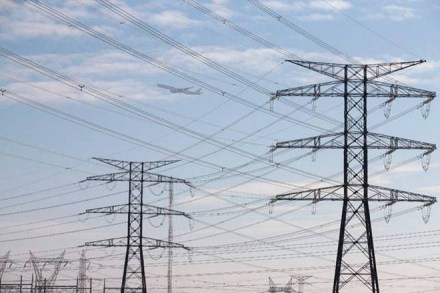A recent Supreme Court ruling that electricity regulators’ “inherent powers” are circumscribed and can’t be used “to deal with any matter which is otherwise specifically provided under the Electricity Act 2003,” would have implications for many delayed power projects wanting to extend the “tariff periods” under the existing power purchase agreements (PPAs), industry analysts said. The apex court, in an October 25 ruling, set aside the Gujarat Electricity Regulatory Commission’s (GERC) order, which allowed a private generator — Solar Semiconductor Power Company (SSPC) — to extend the start of the tariff period from 2010, when the PPA was signed, to 2012, when it actually commenced operations. While the regulatory panel used the power under the Act to extend the tariff period — which would practically raise the tariffs, the court said that such decision, which has the effect of amending the PPA can be done only as per PPA’s own provisions, and not by invoking the regulator’s inherent power.
While the court said “there cannot be any quarrel with regard to the power conferred on the Commission with regard to fixation of tariff for the electricity procured from the generating companies or amendment thereof in the given circumstance,” the regulator’s approach ought to be “cautious and guarded” when its decision has a bearing on consumer interest. The projects that are delayed and might require tariff period changes like SSPC include Acme Solar, Omkar PowerTech and Punj Lloyd, among others, sources said. According to Kameswara Rao, partner, PwC, “the SC order may disappoint a few, but investors on the whole are likely to see this in a positive light.” He added that this would encourage developers to take their project obligations and PPA timelines more seriously, and adopt a more scientific approach to project management.
Industry experts believe that the SC has raised its objections to arbitrary exercise of powers by regulators. “The question is, how to make regulators accountable to law,” Ashok Khurana, director general, association of power producers, told FE. The case in question related to the conflict between the GUVNL—the state power utility—and SSPC, which signed PPAs on April, 2010, where it was agreed that the latter would be paid Rs 15/unit of electricity for the first 12 years and Rs 5/unit in the remaining duration of the 25-year PPA, provided that the solar projects in question are commissioned on or before December 31, 2011.
The PPA stated that if the projects were commissioned after the stipulated date, it would be paid at generic tariffs determined by the regulator i.e, Rs 9.98/unit for first 12 years and Rs 7/unit for subsequent 13 years. After initially rejecting the power generator’s plea to extend the control period in January, 2012, the state regulator in April, 2014, allowed the same, stating that the delay in commissioning of the project was partially due to change in government rules regarding land acquisition and the failure of the state power transmission utility in providing transmission line within stipulated period.
